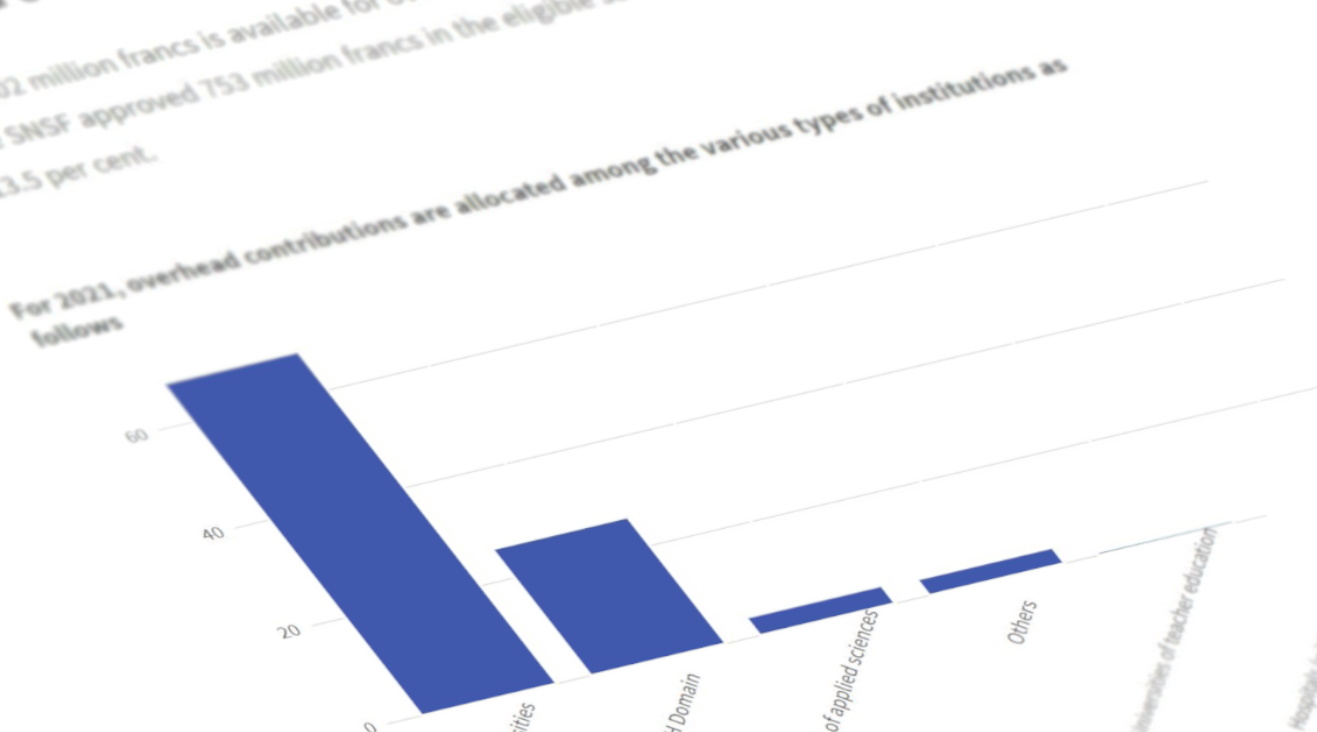Keep Science out of Europe's Post-Brexit Arguments
Scientific collaboration has become a casualty of Switzerland's and the United Kingdom's tussles with the European Union.

Send us a link
Scientific collaboration has become a casualty of Switzerland's and the United Kingdom's tussles with the European Union.

As the first year of Horizon Europe draws to a close, Science|Business gathered feedback from an online survey and meetings with its member organisations resulting in recommendations on how to make the next six years of Horizon Europe even better.
More than one in ten ERC funded researchers have either created companies, transferred the results of their research to pre-existing companies, or both.

There's too much secrecy behind ARIA, the United Kingdom's ambitious planned agency for high-risk, high-reward research funding.

Disagreements persist over the use of lump sum funding in Horizon Europe, as the European Commission gears up for broader implementation over the next couple of years. At a meeting organised by the European Parliament's panel for the future of science and technology (STOA), Horizon Europe rapporteur Christian Ehler MEP debated the pros and cons of lump sum funding, with policymakers in the Commission. Meanwhile, research stakeholders continue to call for caution and a slower rollout of the new system.
This Handbook aims to provide a practical resource for funders looking to move further or faster down the experimental path.

The SNSF Starting Grants 2022 target researchers who wanted to apply for a 2022 ERC Starting Grant or for an SNSF Eccellenza Professorial Fellowship. Consequently, there will be no Eccellenza call 2022.

Study of Swiss agency is among the first to examine how proposals by unorthodox scientists fared.

The Swiss research landscape suffers from a chronic underrepresentation of women. This can also be seen in the share of women applying for funding at the SNSF. But how did this share evolve over time? And have women been less successful to raise funds?
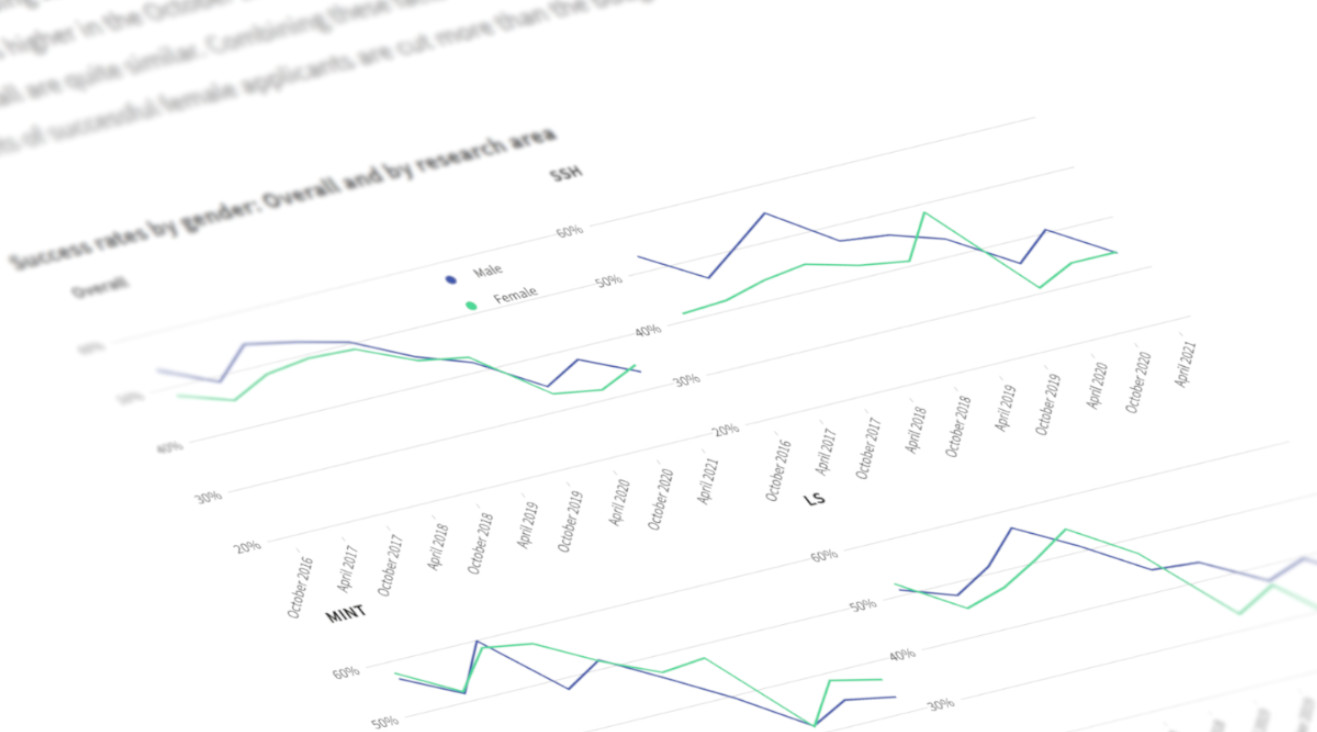
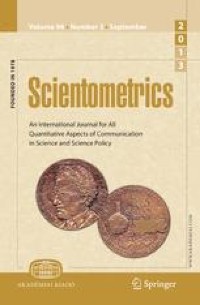
The question of whether and to what extent research funding enables researchers to be more productive is a crucial one. In their recent work, Mariethoz et al. (Scientometrics, 2021. https://doi.org/10.1007/s11192-020-03.855-1 ) claim that there is no significant relationship between project-based research funding and bibliometric productivity measures and conclude that this is the result of inappropriate allocation mechanisms. In this rejoinder, we argue that such claims are not supported by the data and analyses reported in the article.
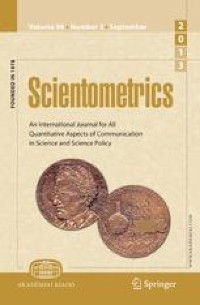
Every year, the SNSF receives around one billion francs from the federal government. In 2019, a total of 22.9 billion Swiss francs was available for R&D in Switzerland. The country ranks seventh in terms GDP share spent on R&D.
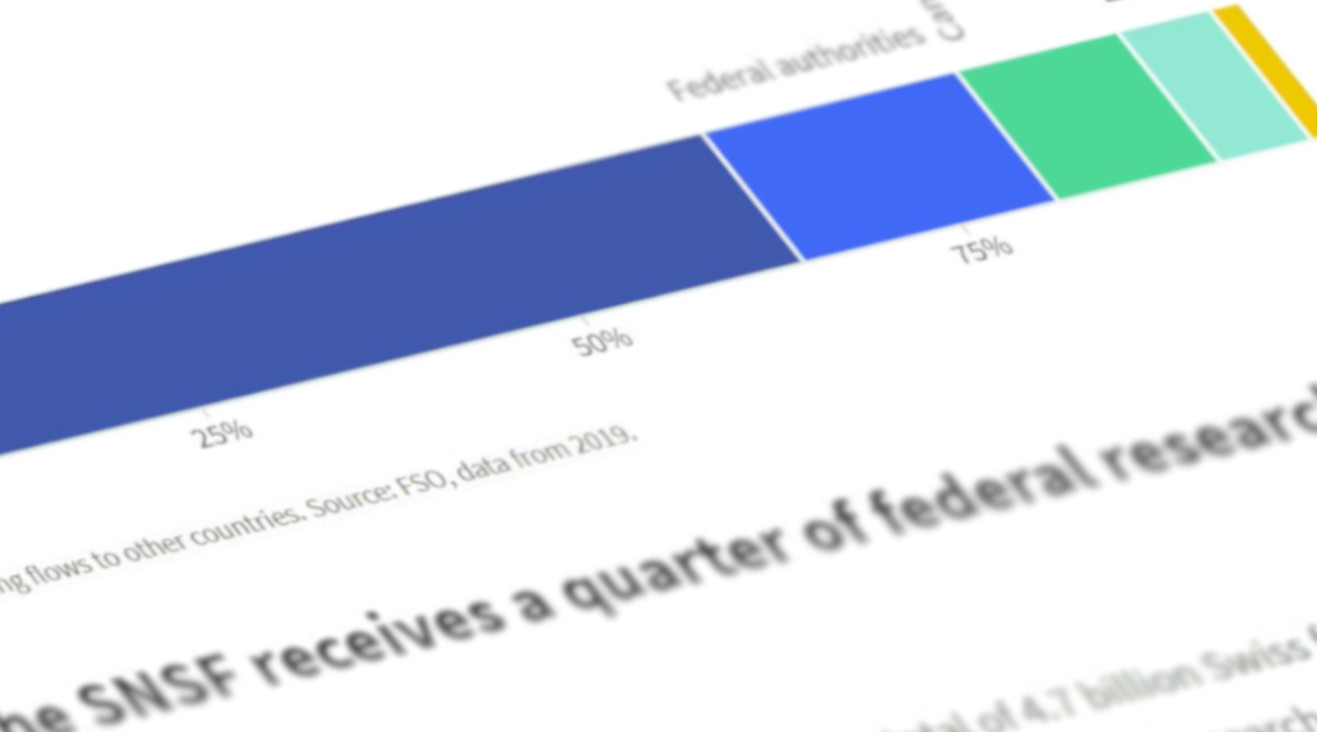
The drastic shake-up of the country's science system is intended to boost innovation, but there are concerns about political interference in the new centralized agency.

Since 2009, the SNSF has financed a portion of the indirect research costs incurred by SNSF-funded projects at research institutions. In 2021, 102 million Swiss francs are available for these "overhead" costs.
